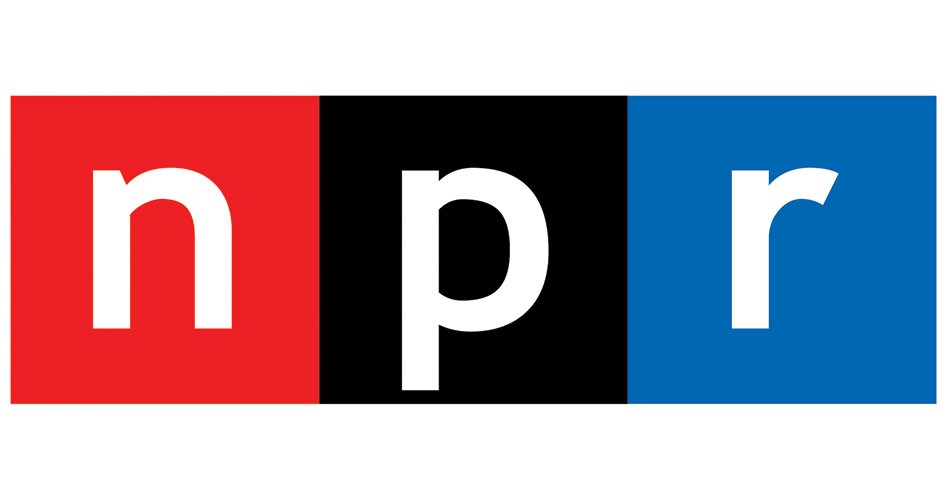NPR – Entertaining Our Way to Socialism
In a way, the history of National Public Radio, now known simply as NPR, follows the slow, incremental creep of America toward socialism. Its very existence, in fact, serves as a milestone along the socialist path, since it was created by an act of government — the Public Broadcasting Act of 1967. The legislation was signed into law by President Lyndon B. Johnson, the liberal Democrat who beat conservative Republican Barry Goldwater in a crucial presidential race in 1964.
Actually, the idea for the legislation came from a 1967 report from the Carnegie Commission on Educational Television entitled “Public Television: A Program for Action.” The commission included such high-powered members as James B. Conant, former president of Harvard; author Ralph Ellison; Leonard Woodstock, vice president of the United Automobile Workers of America; James R. Killian, Jr., chairman of MIT; Terry Sanford, former Governor of North Carolina; Lee A. DuBridge, president of the California Institute of Technology; and others of similar notability. Indeed, congressional action was swift, and before one knew it, the Carnegie report had become federal law.
It’s important to understand the political context in which all of this took place. Barry Goldwater, a conservative Senator from Arizona, had sparked the emergence of a national libertarian-conservative movement. His rival for the presidential nomination in the Republican Party was liberal, functionally illiterate Nelson Rockefeller. At the nominating convention in San Francisco, Rockefeller was booed, and Goldwater triumphed. While it had been previously expected that the Republican candidate would run against John F. Kennedy, the assassination of the President in Dallas on November 22, 1963, changed everything.
JBS Member?
Sign in with your ShopJBS.org account.
 Subscribe Now
Subscribe Now
- 24 Issues Per Year
- Digital Edition Access
- Digital Insider Report
- Exclusive Subscriber Content
- Audio provided for all articles
- Unlimited access to past issues
- Cancel anytime.
- Renews automatically
 Subscribe Now
Subscribe Now
- 24 Issues Per Year
- Print edition delivery (USA)
*Available Outside USA - Digital Edition Access
- Digital Insider Report
- Exclusive Subscriber Content
- Audio provided for all articles
- Unlimited access to past issues
- Cancel anytime.
- Renews automatically


